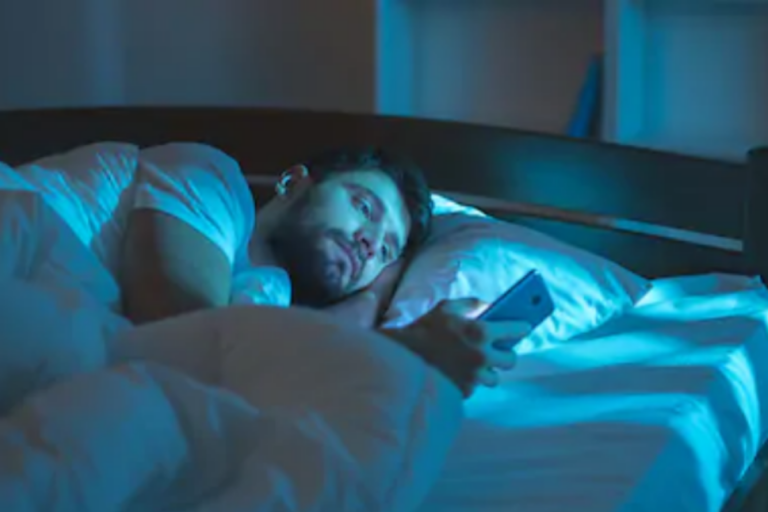
Jakarta (ANTARA) – Recent research has revealed that exposure to light pollution at night affects brain activity and inflammation of blood vessels, which is linked to the risk of heart disease.
The research, published in Science Daily, was conducted by combining brain scans and satellite images to reveal biological pathways that may link the brightness of nighttime light to its effect on cardiovascular risk, which refers to the heart and blood vessel systems.
The research was conducted by taking data from 466 adults with an average age of 55 years who had undergone a positron emission tomography-computed tomography (PET-CT) scan at Massachusetts General Hospital, United States (USA) between 2005 and 2008, reported by the Daily Mail.
The research focused only on exposure to artificial light at night, thus excluding natural lighting sources during the day, such as starlight and moonlight.
The findings show that the more exposure to night light in a person’s living environment, the greater the stress activity in the brain and inflammation of the blood vessels, and the greater the risk of developing heart disease.
Research also shows that each standard deviation increase in nighttime light exposure is associated with an increased risk of heart disease of about 35% over a five-year period and 22% over a ten-year period.
“We found a nearly linear relationship between light at night and heart disease: the greater the exposure to light at night, the greater the risk. Even small increases in light at night were associated with greater brain and arterial stress,” said Shady Abohashem, senior author of the study.
He added that when the brain feels stressed it activates signals that can trigger an immune response and irritate blood vessels. Over time, the process can contribute to hardening of the arteries and increase the risk of heart attack and stroke.
Additionally, the risk was higher among participants who lived in areas with additional social or environmental stressors, such as high traffic noise.
For this reason, the researchers suggest that cities could consider reducing unnecessary outdoor lighting, including using streetlights equipped with motion sensors.
On personal matters, people can limit indoor light at night, keep bedrooms dark, and avoid screens such as televisions and personal electronic devices before going to bed.
Read also: Indonesia completes nuclear reactor feasibility study with Japan and US
Read also: Study: walking 5,000 steps a day slows the development of Alzheimer’s
Read also: Study says music can reduce dementia risk by up to 40%.
Reporter: Melusa Susthira Khalida
Publisher: Alviansyah Pasaribu
Copyright © ANTARA 2025
Automatic retrieval of content, crawling or indexing by artificial intelligence on this website is strictly prohibited without written permission from ANTARA news agency.



